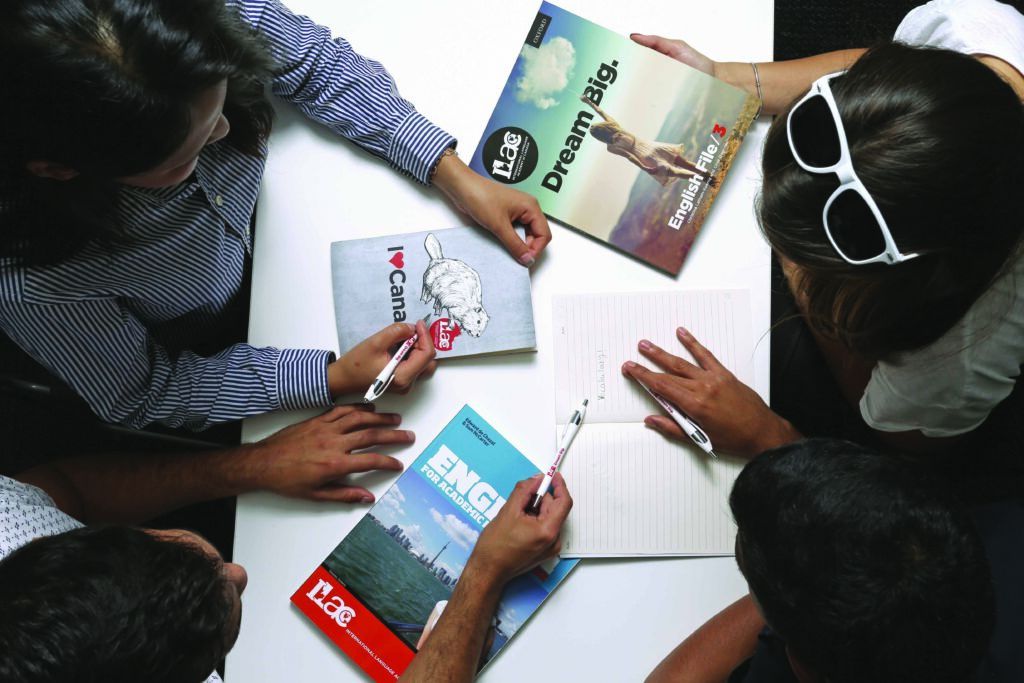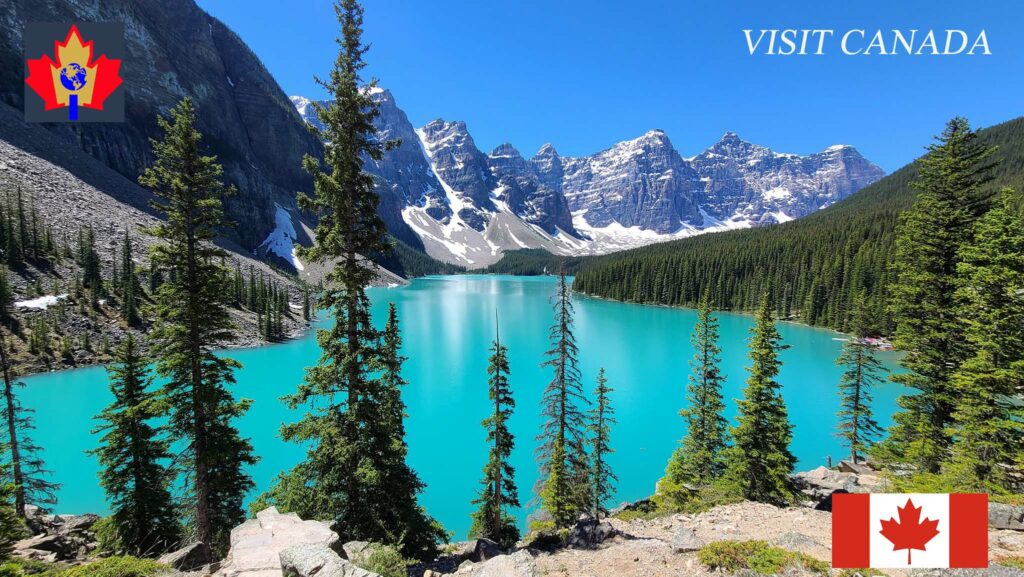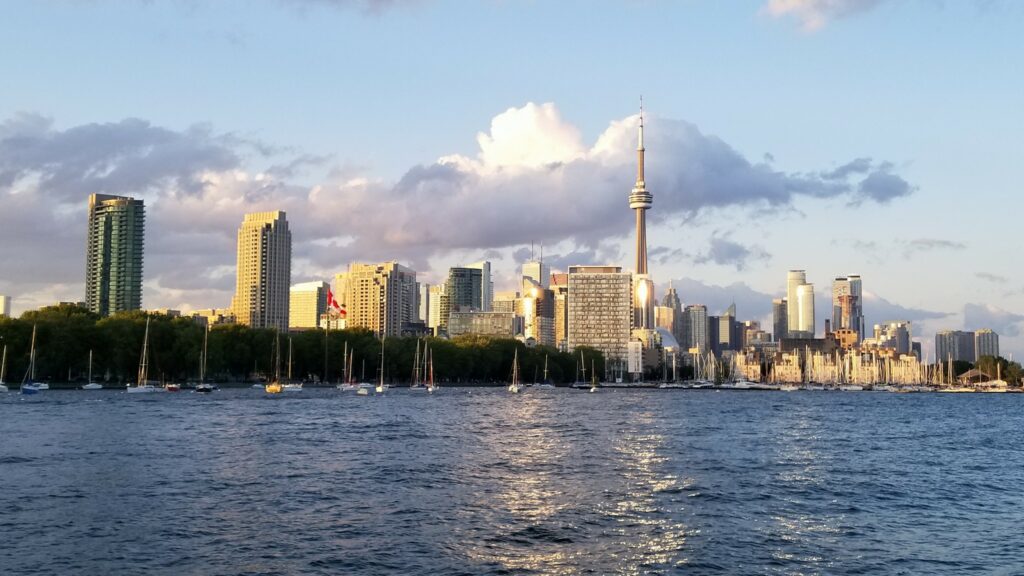
Practice Areas
What We Are Expert At
Immigration Practice Areas
Canadian Education Services
Benefit from a World-class education and from Canadian Immigration pathways for International students.
Temporary Residency
Visit, Study or Work in Canada.
Permant Residency
Apply for PR under Economic class, Family class, Humanitarian class or Refugees and Protected persons class.
Canadain Citizenship and PR card
Obtain Canadian Citizenship or maintain your PR status.
CANADIAN EDUCATION SERVICES
Canada is one of the top destinations for International students in the world. Renowned for its internationally recognized degrees, cost effective studies, and multicultural environment – thereby making it one of the favorite destinations among international students.
Our company is partnered and affiliated with nearly 80 educational institutions throughout Canada (English language schools, secondary schools, colleges and universities). We have vast experience and the credentials to guide you through your study experience in Canada to fulfill your study and immigration goals.
Our services include:
Selection the right school, educational program and location
Enrollment into English Pathway program
Assist with the Admission process to the school
Help on application for entrance scholarships
Student Visa application package submission
Pre-arrival resources for selection of housing, public transportation and settlement in Canada.
The benefits for international students in Canada:
You can bring your spouse and children with you to Canada. Your spouse might be eligible for OWP (open work permit) and your school-age children (19 years old or younger) might be eligible for a Student permit and could study for free in Canadian Primary or Secondary school (you must be a full-time student with a valid study permit at (DLI) Designated Learning Institution).
Ability to work 20 hrs/week during studies, and full time during scheduled breaks. The work experience will assist you financially and you will get valuable Canadian job experience.
If you graduated from eligible DLI (Designated Learning Institution), you will be able to apply for PGWP (Post Graduation Work Permit) for up to 3 years. Duration of your work permit depends on the duration of your Study program.
Canadian education can serve as a Pathway to Immigration to Canada.



TEMPORARY RESIDENCY
Temporary Residents in Canada are foreign nationals who are permitted to enter and remain in Canada for an authorized period if they have a valid passport and a TRV (Temporary Resident Visa). Temporary residence is important for family and friends and for Canadian economy. According to 2021 Annual report to Parliament on Immigration, the IRCC issued 4 million eTAs (electronic Travel Authorizations), 1.7 million Temporary Visitor applications, 402.4 thousand Study Permit applications, 98.3 thousand Work Permit applications under Temporary worker Program and 306.8 thousand Work Permits under International Mobility program.
General TRV requirements for foreign national:
Applied to visa office or online in accordance with the requirements for specific temporary residence class;
Will leave Canada by the end of the authorized period for staying in Canada;
Paid the processing fee;
Holds a valid passport;
Meets the medical examination requirements (temporary residents who intends to stay in Canada for more than 6 months or foreign workers who are seeking to work in occupation in which the protection of public health is essential);
Is not inadmissible to Canada (on grounds of security, criminality, human and international rights violation, health, financial support, misrepresentation)
PERMANENT RESIDENCY
Per annual Immigration level plan Canada targets more than 1.3 million new immigrants in 2022-2024.
The main streams for Permanent residency are Family class, Economic class, Humanitarian class and Refugees and Protected persons class.
Family class – Canadian citizen or permanent resident who meets certain eligibility criteria can sponsor a family member (spouse/common law partner/conjugal partner, depended children (less than 22 years old and not married, or 22 years and older who is unable to self-support financially due to physical or mental condition), children intended for adoption, parent, grandparent and their dependent children, brothers/sisters/nephews/nieces/grandchildren who are orphaned and under 18 years old and not married).
Economic class – the legal basis for selecting foreign nationals under economic class is their ability to become economically established in Canada. The applicants are being selected based criteria, such as their age, educational level, work experience, occupation, knowledge of English or French, financial means, prospective employment in Canada, adaptability, and other factors.
Economic Immigration can be divided into two distinct processing streams:
Express Entry system (Federal Skilled Workers – FSW, Federal Skilled Trades – FST, Canadian Experience Class – CEC, and Provincial Nominee Program – PNP)
Direct application to IRCC (Business Immigration, Self-employed class, Start-up visa, Caregiver class, Provincial Nominee Program – PNP)
Humanitarian and Compassionate Considerations class (H&C) is intended for extraordinary cases that do not meet the requirements of other Immigration pathways to Canada. Section 25 of Immigration law gives the officer the discretion to grant PR status to foreign nationals where there are strong humanitarian and compassionate reasons for doing so. Some examples of H&C consideration: survivors of human trafficking, refugees who were refused status due to flawsA short description to tell people about the topic mentioned above. Elaborate on it and explain how to go about with an issue or a situation like this. Gain people’s confidence and encourage them to hire you. in determination system, stateless persons, victims of domestic violence, persons whose removal from Canada would involve serious rights violations (lack of medical treatment from serious condition), persons from moratorium countries, persons who have been living in Canada in several years and integrated socially and culturally in Canada.
Refugees and Protected persons – a person who is forced to flee from persecution and who is outside of his home country. Convention refugee must meet the refugee definition in the 1951 Geneva Convention Relating to the Status of Refugees. The refugee is a person who, by reason of a well-founded fear of persecution for reasons of race, religion, nationality, membership in a particular social group or political opinion is outside of their country of nationality and is unable or unwilling to avail themselves for protection in that country.
Canada provides protection to refugees in three distinct ways:
Abroad, through the selection of foreign nationals who apply for permanent residence when they have been already determined to be a Convention refugee by UNHCR and various non-government organizations (NGOs).
In Canada, through determination by the PRD (Refugee Protection Division) of the IRB (Immigration and Refugee Board) that a person meets a Conventional refugee status.
In Canada, through PRRA (pre-removal risk assessment) administrative decision.

CANADIAN CITIZENSHIP and PR card
Citizenship
Do you want to become a Canadian citizen and assess your eligibility to apply? Our team can help you with your citizenship application and advise you on the best time to apply and strategy to successfully obtain Canadian Citizenship. There are many benefits of holding Canadian Citizenship, such as: international travel rights, improved job opportunities, political participation, ability to pass the citizenship to children born outside Canada, dual citizenship is permitted by Canada, sense of belonging to the ‘Canadian family’.
The Canadian Citizenship Act allows for four ways of becoming a citizen:
Being born in Canada
Being born outside of Canada to a Canadian citizen (the first generation limit applies)
Being born outside of Canada and adopted by at least one parent who is a Canadian citizen
Apply for a grant of citizenship – Naturalization process. Applicant must meet the following requirements:
you must already be a permanent resident of Canada
you must have resided in Canada for at least 3 years out of the 5 years prior to your application for citizenship
you must have filed your taxes in Canada
you must pass a citizenship test (Canada’s history, geography, government, and the rights and responsibilities of citizenship)
you must meet language proficiency skills in English or French
Permanent Residency
Gaining permanent residence in Canada is something that foreign nationals work hard for and do not want to lose. Having this status in Canada means that you can travel in and out of the country without issue, benefit from various Canadian social services, and eventually, become a Canadian citizen if you wish to.
To maintain PR status, is it so important to ensure that you are tracking your time outside of Canada and renewing your PR card prior to its expiry. While you do not automatically lose your permanent resident status if your card expires, you do require a valid PR card or permanent resident travel document (PRTD) to travel back to Canada by plane, train, bus or boat.
When applying to renew your PR card, the government will assess the amount of time you spent in Canada for the 5-year period that your card was valid (most PR cards are issued for 5 years at a time). This is important as your status can be revoked if it is found that you left Canada for a significant period of time and allowed your card to expire before returning to the country.
Residency requirement
To maintain permanent resident status in Canada, you have to have been in the country for a minimum of 730 days during the 5 years prior to applying to renew your card. These days do not have to be continuous and in some cases, your time overseas may count towards these days. For frequent travelers it is recommended to track your time outside of Canada by keeping a travel journal to ensure you maintain your PR requirements.
